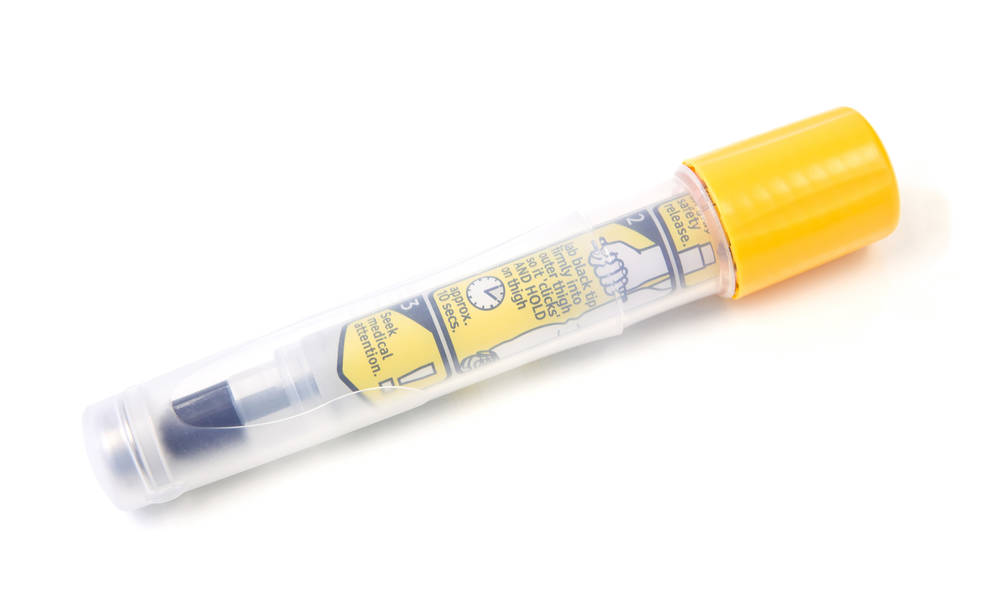
How NASN Helps Manage the EpiPen Shortage in Schools
As students around the country head back to school, school nurses are scrambling to find solutions to the current EpiPen shortage. The National Association of School Nurses is educating its members on how to manage the shortfall.
Local supply disruptions and manufacturing issues have caused a shortage of EpiPens that’s been going on for months, according to The Washington Post, but school nurses are especially feeling it right now during back-to-school season. Sales of the pens tend to spike this time of year, as students with life-threatening allergies usually bring along a spare EpiPen to keep at school in case they experience anaphylaxis. But, this year, pharmacies are having trouble filling EpiPen prescriptions.
“Generally speaking, parents are responsible for providing medications that their children need to the school nurse, but what we have noticed … is that parents are keeping their prescribed EpiPens at home and relying on the school to provide those EpiPens,” said Laurie Combe, president-elect of the National Association of School Nurses (NASN). “The problem in this scenario is that schools have been relying on the EpiPen School Program offered by Mylan.”
The EpiPen 4 Schools program is run by Mylan, the manufacturer and distributor of EpiPens, and gives schools that apply two free EpiPens. “Just as pharmacies are having difficulty providing parents EpiPens to fill prescriptions, Mylan is unable to currently fulfill those stock Epis for campuses,” Combe said.
That leaves school nurses without stock EpiPens to use if a student experiences a life-threatening allergic reaction. To manage this shortfall, NASN is encouraging school nurses to educate parents about their options. For instance, there are alternative auto-injector devices that are available in some areas of the country. The FDA has also issued a notice that allows for EpiPens to be used four months past their expiration date.
NASN is encouraging their state affiliates and members to reach out to their state agencies—the boards of nursing, departments of education, departments of health—that govern the administration of medicine in schools. “What NASN is encouraging school nurses to do is to contact those agencies within their state to make sure that they’re going to recognize the FDA extension of expiration dates,” Combe said.
Although school nurses have experienced recalls of auto-injectors before, Combe said that this is the first time she’s experienced a shortage of them.
(BanksPhotos/iStock/Getty Images Plus)






Comments